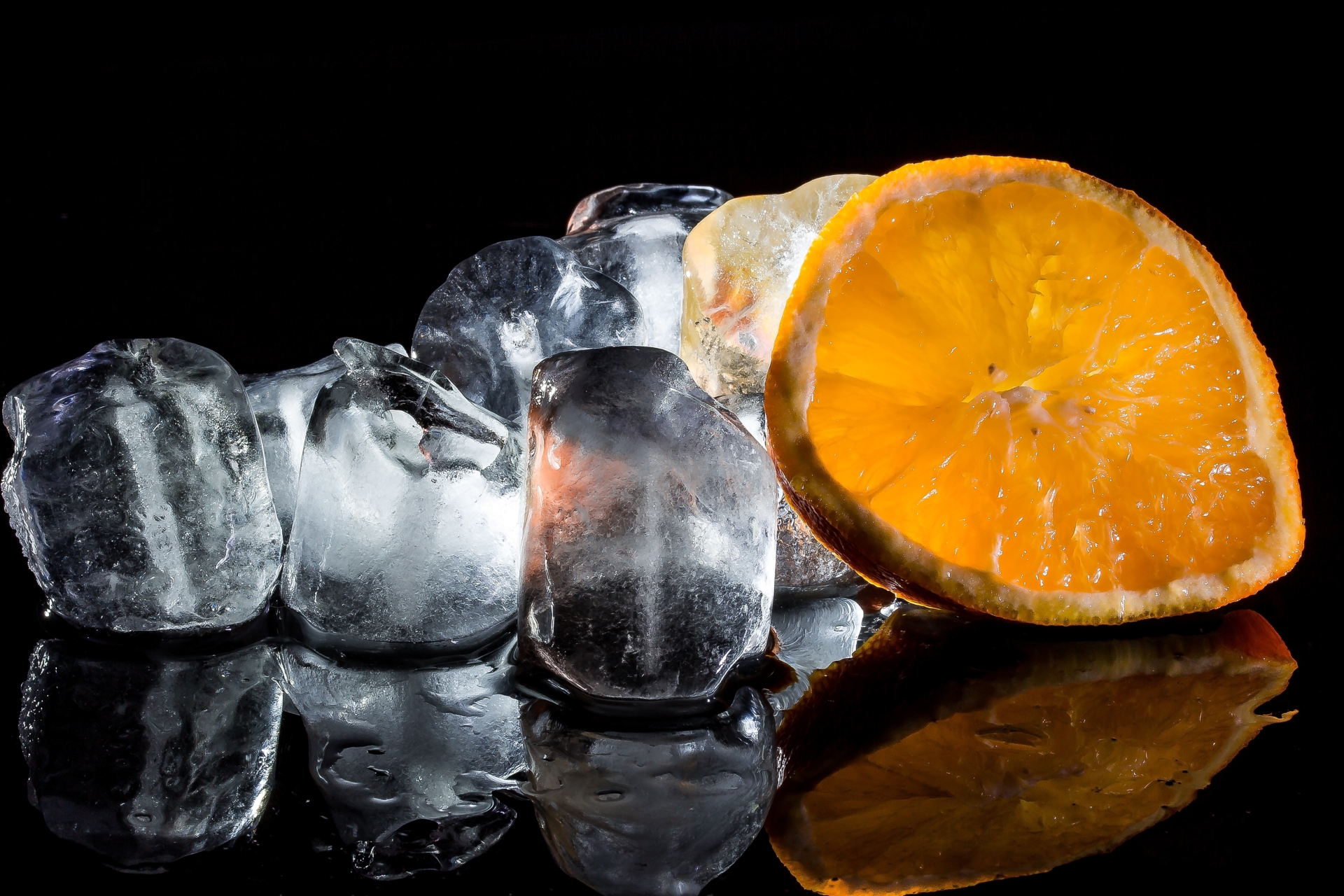A commercial ice maker’s exterior is made of stainless steel, which protects it during the day-to-day operations of busy industries. However, their internal components are not quite as resilient.
Ice machines work best in cool, dry temperatures. As temperatures rise, either the air around the machine or the temperature of the water entering the unit, they are forced to work harder to produce a batch of ice. Hot Arizona summers can lead to lower ice production, machine breakdowns, and more.
Let’s look at some of the ways heat can affect your commercial ice machine.
A Cool Ice Machine is an Efficient Ice Machine
Air-cooled ice machines are the most common commercial ice maker you’ll find in most businesses. This is especially true in Arizona, where our water quality has a high concentration of scale-producing minerals, which can damage water cooled ice machines.
Air cooled ice machines use the surrounding air to help cool internal components during the ice-making process. While these systems are popular, cost-effective options, they are designed to work under optimal temperature conditions.
If you want to get the most ice out of your air-cooled ice maker, you’ll want to make sure the surrounding temperature around the machine is around 70 degrees Fahrenheit. The warmer the air around your ice machine, the harder it must work to freeze a batch of ice.
Managing the air temperature around your ice machine is very easy if you install your ice machine in a temperature-controlled room with plenty of ventilation. If the room is too warm, simply lower your thermostat. Below are some areas that are very difficult to keep cool. You’ll want to avoid installing an ice maker in these areas:
• Outside
• Areas with no air conditioning
• Hot kitchens
• Areas near heat-producing appliances, like ovens or furnaces
All ice machines, including air-cooled units, require the incoming water to be an ideal temperature as well. Obviously, water is a necessary ingredient to make ice. Still, the warmer the water is, the longer it takes to freeze it. Ideally, you want your incoming water to be around 50 degrees Fahrenheit, but anything as high as 90 degrees is considered safe according to ice maker manufacturers.
Maintaining the temperature of your incoming water is difficult during a hot, Arizona summer. While water heaters are standard in most businesses, water cooling systems are not. If the incoming water in your business is too hot, you may need to call a plumber to insulate your water lines or move them away from sun or outside heat.
Ice Machines Need Space
Like all machines, ice makers produce heat while they are operating. Air-cooled ice machines expel the heat through vents located on the unit and disperse it into the environment. Because of this additional heat, you’ll need to provide adequate ventilation to move hot air far away from the ice machine to protect the machine from the hot air.
Though you may want to create an enclosed space to house your ice machine, this is one of the worst mistakes you can make. The ice machine needs at least one foot of space on all sides so the hot air produced by the ice machine can escape into the surrounding environment and safely disperse. If your unit is surrounded by clutter, like boxes or food containers, this will limit ventilation just as much as a nearby wall.
The air quality around your ice machine can also hinder your ice machine’s internal ventilation. Dust, dirt, and grease particles can stick to heat-producing components in your ice maker, trapping heat inside.
Routine ice machine cleaning from a qualified ice machine technician is the best way to clear unwanted dirt, dust, or grease out of your unit. Ice machine owners should aim to schedule at least two professional cleanings per year.
There are some common “problem areas” that can hinder your ice machine’s ventilation. They include places with limited space or businesses that produce more airborne particles than others:
• Warehouses
• Busy kitchens
• Bakeries or pizzerias that use a lot of flour
• Closets and cubbies
Areas that produce a lot of dirt, dust, or grease, should schedule more than two professional cleanings per year to extend the life of your ice making equipment.
Your Ice Bin is NOT Refrigerated
Commercial ice machines come in all shapes and sizes, but modular-style machines are the most common. Overall, these units produce the most ice and allow flexibility for growing businesses. With these models, the ice falls into an ice storage bin until it’s ready to use.
While ice bins keep ice cold for hours, they are not refrigerated. Ice will eventually melt in an ice bin if left there too long – and warm temperatures around the ice maker can melt ice even faster.
Employees can help protect the ice supply by closing the bin door after they retrieve ice from the bin. Bin doors help to insulate the inside of the ice bin, keeping ice cool and solid.
Ice dispensers have self-contained storage, so you don’t have to worry about opening these machines up. However, you should aim to keep these machines in 70-degree temperatures as you would any commercial ice machine. High heat can still cause the ice in ice dispensers to melt at a faster rate, which can make it appear that your machine is leaking from the dispenser as the melted water runs out.
Keep Your Ice Machine Cool, and It Will Treat You Well
Arizona heat can be very challenging for commercial ice machines – but there are ways to prepare. Ensuring your ice machine is in a temperature-controlled room with plenty of ventilation will help you combat those hot Arizona summers.
Hiring a qualified ice machine technician to perform routine preventive maintenance should be your next step. A technician can get your ice machine running at peak performance, which means more ice for your customers during the hottest months.
John Mahlmeister is the Chief Operating Officer and Co-Founder of Easy Ice, which is co-headquartered in Phoenix and Marquette, MI, and is the national leader in the full-service ice machine subscription industry with warehouse and distribution facilities in Chicago, Dallas, Kansas City and Orlando. For more information, visit www.easyice.com.




